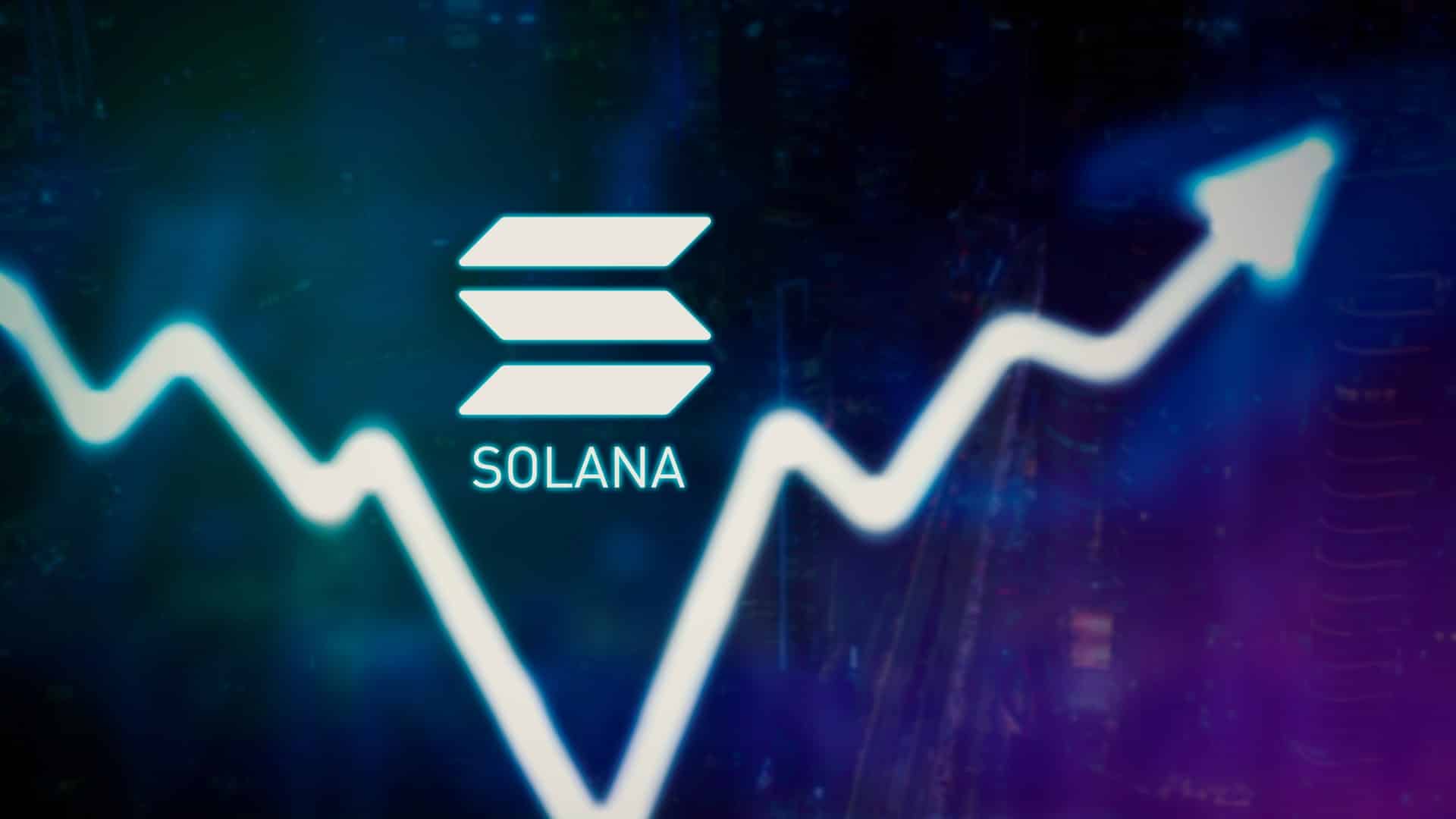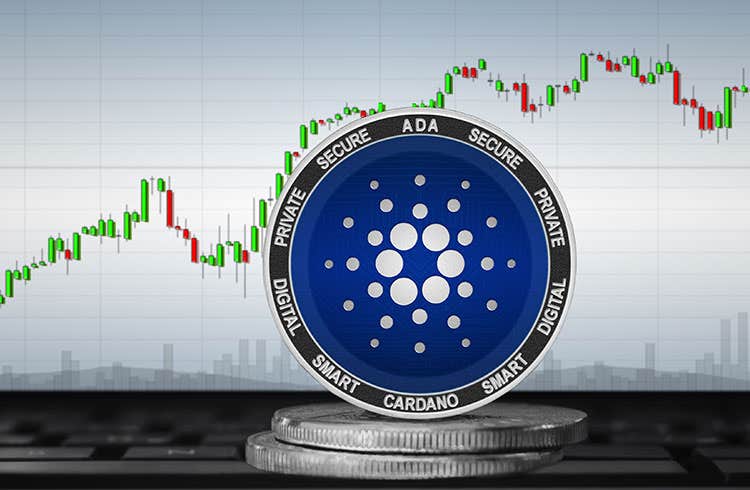Table of Contents
Investing in cryptocurrency ETFs has proven to be an efficient and increasingly safe strategy for entering the crypto market. In addition to not requiring the complexity of buying and storing digital currencies directly, ETFs (Exchange-Traded Funds) have been advantageous for those who invest. With returns in the last year exceeding 70%, according to data from B3.
There are 14 cryptocurrency-linked index funds traded on B3. Among them, two assets from the Hashdex brokerage firm stood out in terms of performance over the last 12 months. The Hashdex Nasdaq Bitcoin Reference Price (BITH11) and the Hashdex Nasdaq Ethereum Reference Price (ETHE11) yielded 72.49% and 70.01% respectively.
Cryptocurrency ETFs with the most trades in the last six months
B3’s Bora Investir blog has gathered information on the average daily trading volume over the last six months. It also ranks the average one-year return of the crypto-linked ETFs that were most traded in the last six months. They are:
-
Hashdex Nasdaq Crypto Index – HASH11:
Brazil’s first crypto ETF, which replicates the performance of the Nasdaq Crypto Index, including several cryptocurrencies such as Bitcoin, Ether and Litecoin.
Yield of 69.77% in the last 12 months.
-
Hashdex Nasdaq Bitcoin Reference Price – BITH11:
Brazil’s first green Bitcoin ETF, offsetting the carbon footprint through carbon credits.
Yield of 72.49% in the last 12 months.
-
QR CME CF Bitcoin Reference Rate – QBTC11:
Crucial reference point for Bitcoin price in the financial market.
Yield of 67.64% in the last 12 months.
-
Hashdex Nasdaq Ethereum Reference Price – ETHE11:
Partnership between Hashdex and Nasdaq, uses data from multiple market sources to calculate weighted average price of Ethereum.
Yield of 70.01% in the last 12 months.
-
IShares Bitcoin Trust ETF – IBIT11:
An important innovation in the investment market, it provides regulated and secure access to the volatility and return potential of Bitcoin.
Yield of -4.00% in the last 12 months.
-
QR CME CF Ether Reference Rate Fundo – QETH11:
Crucial to the financial infrastructure related to Ether, it provides access to the cryptocurrency market in a secure and standardized manner.
Yield of 62.37% in the last 12 months.
-
IT NOW Bloomberg Galaxy Bitcoin – BITI11:
Managed by Itaú Asset Management in partnership with Bloomberg and Galaxy Digital.
Yield of 63.12% in the last 12 months.
-
Hashdex Smart Contract Platforms – WEB311:
Provides exposure to smart contract platforms, the foundation for building and running decentralized applications (dApps) on the blockchain.
Yield of 3.46% in the last 12 months.
-
Hashdex DeFi Index – DEFI11:
Access to the decentralized finance (DeFi) sector, one of the most innovative and fast-growing segments of the cryptocurrency market.
Yield of 2.04% in the last 12 months.
-
Empiricus Teva Crypto Top 20 – CRPT11:
It offers a diversified portfolio of cryptocurrencies in a single investment. It is composed of the 20 main cryptocurrencies on the market, considering factors such as market capitalization and liquidity.
Yield of 60.09% in the last 12 months.
-
QR Bloomberg DeFi – QDFI11:
Created in partnership between QR Asset Management and Bloomberg to track the performance of DeFi assets with blockchain technology without traditional intermediaries.
Yield of 1.76% in the last 12 months.
-
Investo VanEck ETF Crypto Compare Smart Contract – BLOK11:
Composed of cryptocurrencies that play a significant role in the development and use of smart contracts.
Yield of 31.23% in the last 12 months.
-
Investo Vaneck ETF Crypto Compare Media & Entertainment Leaders – NFTS11:
It replicates the performance of a specific index focused on leading media and entertainment companies involved in the cryptocurrency and blockchain technology industry.
Yield of -42.42% in the last 12 months.
-
Hashdex Crypto Metaverse – META11:
Composed of crypto assets and shares of companies linked to the development of the metaverse (an emerging trend that combines virtual worlds, augmented reality and other digital technologies). May include cryptocurrencies, non-fungible tokens (NFTs), virtual and augmented reality platforms, and other related technologies.
Yield of 1.28% in the last 12 months.
Future outlook
In short, on July 22, the US Securities and Exchange Commission (SEC) approved the issuance of eight spot Ether ETFs, also known as Ethereum spot ETFs. Bitcoin spot ETFs were approved earlier this year. The decision reinforces the trend of integrating digital assets into traditional finance. It also solidifies crypto-linked ETFs as a major investment option.
That’s why Hurst Capital’s head of cryptocurrencies, Francis Wagner, believes that 2024 will be the most important year in the history of cryptocurrencies. “Bitcoin has increased by 126%, while Ethereum has increased by 82.4%. A major positive factor that has driven these increases was precisely the approval of Bitcoin and Ethereum Spot ETFs in the US,” he highlights.
Furthermore, William Lee, head of the International Desk at InvestSmart, notes that the market has been buoyant since 2023. And it tends to remain that way since the rise of Bitcoin and Ether also ends up increasing the value of other cryptocurrencies.
What are cryptocurrency ETFs?
ETFs are investment funds traded on the stock exchange in a similar way to stocks. In other words, they are bought and sold throughout the day at market prices. However, these funds allow investors to buy a diversified set of assets, such as stocks, bonds or commodities, in a single transaction.
In addition, index funds can be used for a variety of investment strategies. For example, as a hedge against risk, leverage, or to gain exposure to specific markets. The latter is the case with cryptocurrency ETFs, which can be linked to Bitcoin, Ethereum, NFTs, the metaverse, or portfolios that combine more than one asset.
For this reason, index funds are a popular alternative among investors of all levels, from beginners to professionals. They are easy to use, affordable and cost-effective. This is because ETFs usually have more attractive management fees than traditional investment funds.
Furthermore, most index funds disclose their holdings transparently, allowing investors to know exactly where their funds are allocated.
How to invest in ETFs?
The path is relatively simple. First of all, you need to choose a brokerage firm that suits your desired investment profile. In short, advice from a specialized broker is always desirable.
Once you have opened a brokerage account, all you need to do is research and choose the index funds that best align with your investment strategy. Whether you include crypto assets or not. In short, the process of buying and selling ETFs is the same as buying and selling stocks on the stock exchange.
- Bitcoin Whales Cash In Millions Amid Recent Rally - November 20, 2024
- Hidden Pattern on XRP Charts Suggests a 500% Surge – Is It Finally Moon O’Clock? - November 20, 2024
- $PNUT Up 325% In 7 Days, Heading To New Record – Will This New Altcoin Be The Next Hot Deal? - November 19, 2024























